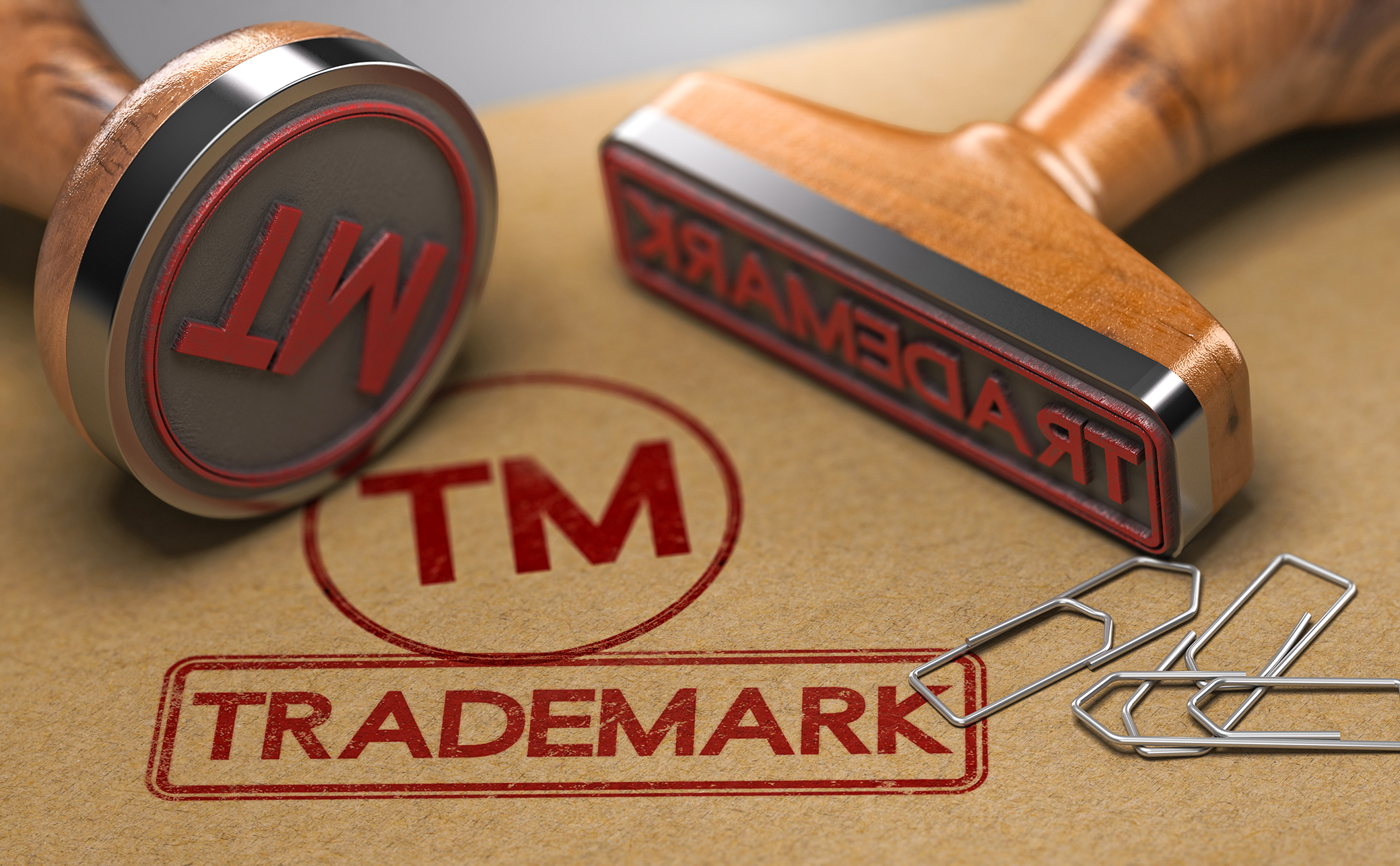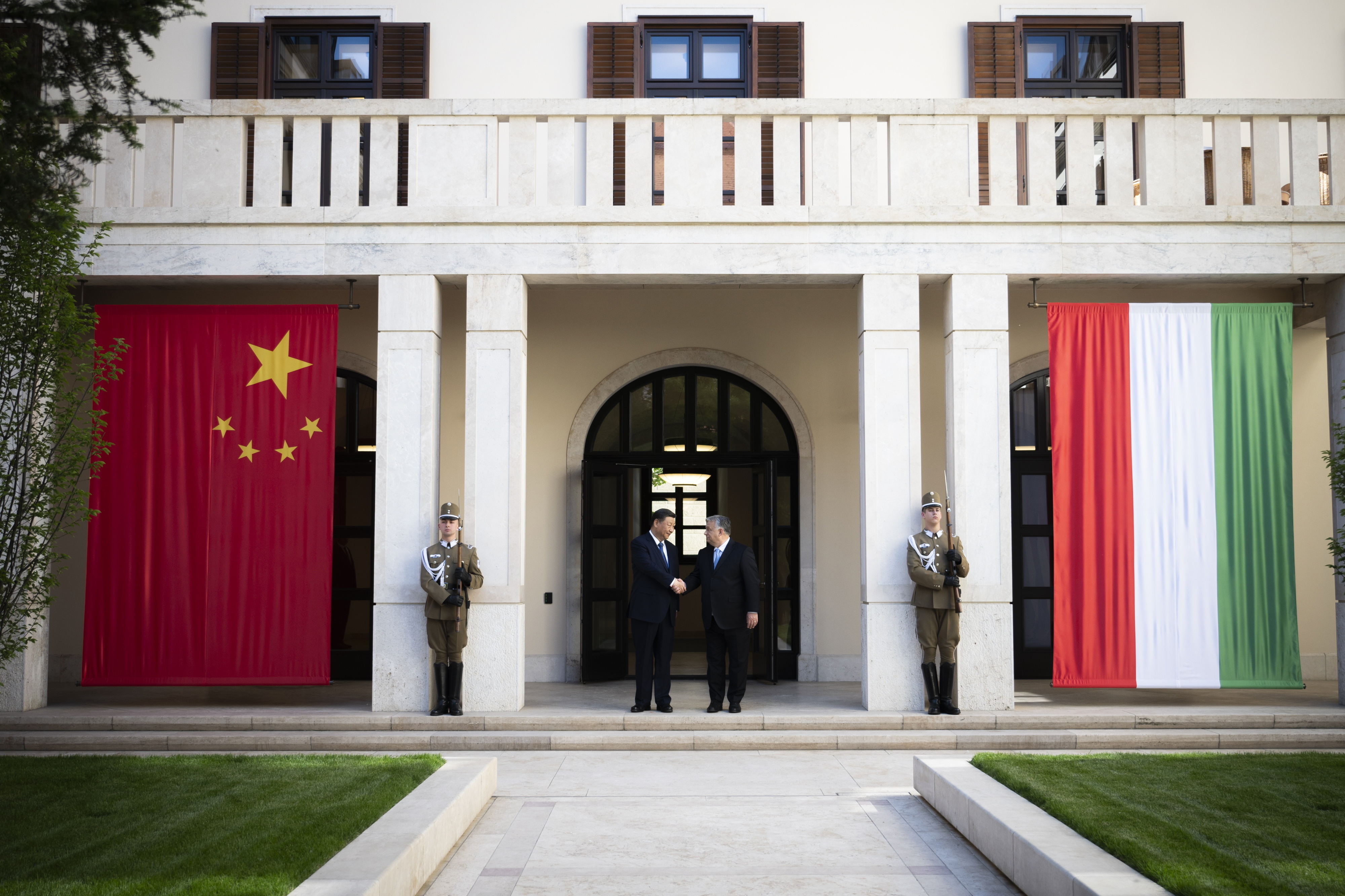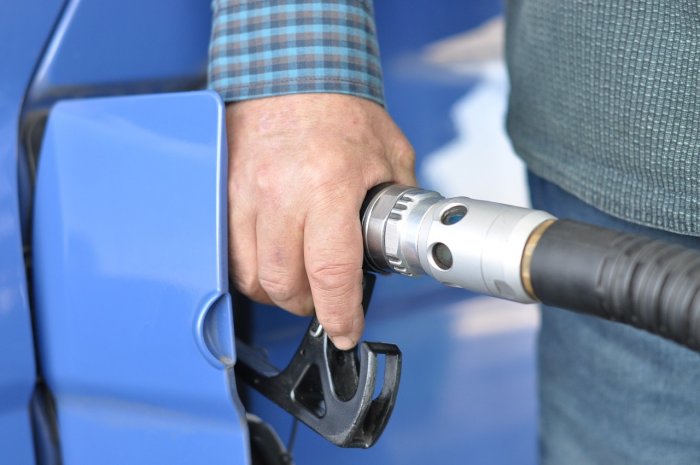NNG Sees Shifting Priorities for Automotive Industry

Hungary-based navigation company NNG says innovation in the automotive industry is growing hugely here, President and co-founder David Wiernik talks to the Budapest Business Journal about what the future promises, and threatens.
David Wiernik
“There are exciting R&D projects going on, and it is great to see how universities are at the forefront of it. Excellent engineers are being trained, and we see more and more Hungary-based companies in the automotive space, working together with the largest OEMs on the most cutting edge technologies,” says Wiernik.
“We convinced JLR [Jaguar Land-rover] to make its new engineering center in Hungary by showing them the potential, expertise, amazing government support, and infrastructure,” he explains.
It is widely expected that connectivity will bring enormous benefits in terms of safety, convenience, comfort and efficiency, both for individuals and municipalities. Such solutions could include, for example, predictive navigation that can “learn” a driver’s habits and calculate a route based on such information.
Involving municipalities, NNG suggests that two cars driving from the same place to the same location at the same time could receive different navigation routes to avoid congestion. Such solutions may well be the foyer for autonomous driving.
At the Forefront
“I believe Hungary is not just following up on trends, but is at the forefront of efforts with the self-driving track initiative [at Zalaegerszeg, western Hungary]. The country also has an outstanding 4G network that is necessary for the above described to be fully introduced. This helps a lot in the current development stage. Future 5G and beyond networks will be required in order to enable the vast use of communication that will be required for autonomous driving,” Wiernik says.
Latest statistics suggest that the penetration of connected cars in the Hungarian market is already at around 2% in 2018. In the upcoming half a decade, this figure is expected to grow significantly.
“The excellent 4G network is a necessary enabler for that. Built-in navigation is a standard feature in premium cars, but also now moving very fast into family cars and even basic cars; it is becoming a must and not a luxury,” Wiernik says.
“We see today that smartphones are heavily used for navigation. This is due to a lack of connectivity in cars. However, as more cars become connected, the more you will see built-in navigation systems fully integrated into the car systems with many features for safety – ADAS, advanced driver-assistance systems – and comfort that can be achieved only with integrated systems and large displays.”
It is not only physical features and the performance of an auto that need to be top-notch nowadays; so does the software.
“Just some of the challenges: vehicle systems are becoming extremely complex, we see more screens entering the car. This poses the great question: how many screens are too many? How can we make sure the driver is not distracted but aided? Connectivity brings an array of new features as well as a new kind of threat; Cyber security vulnerability needs to be addressed, and it needs to be addressed now,” Wiernik warns. He adds that car ownership will change, and he believes that mobility as a service (MaaS) will shape market demand on the long run.
New Dawn
The automotive industry is at the dawn of a new era, with standards only now being formed, but automakers need to make decisions today that could well determine their future. NNG’s president warns that, get those wrong and it could mean the end of a company.
“They hesitate today about what to choose, what direction to take, who is really good and who is just promising, as they need to rely more on outsourcing in areas where they do not have expertise,” he says.
“This make the life of companies more difficult due to the need to convince them about the right direction. Luckily, NNG has a lot of experience and an amazing reputation and history in leading automotive into the right direction and this is thanks to the amazing engineering capabilities and the talents of the Hungarian engineers that are, in my opinion, second to none,” Wiernik adds.
There are other threats, however, and not just to company life. “As connectivity becomes ubiquitous, new areas of vulnerability open up. The threat to the vehicle comes from the architecture of the in-vehicle network over which all the connected components, or electronic control units and car systems, communicate. Designed in a time before wireless connectivity was a realistic consideration for the car, there is no inherent security, and connected ECUs communicate freely with each other with no authentication,” Wiernik describes.
In theory, terrorists could take control over hundreds of cars or shut down whole transportation systems. Such a threat must be eliminated, NNG believes.
“This is a totally new area for automakers where they have to excel, and the pressure is high: consumers are focusing more on this problem, and governments have also realized that, similarly to other safety regulations in the car like the seatbelt, this also needs to be addressed,” Wiernik concludes.
SUPPORT THE BUDAPEST BUSINESS JOURNAL
Producing journalism that is worthy of the name is a costly business. For 27 years, the publishers, editors and reporters of the Budapest Business Journal have striven to bring you business news that works, information that you can trust, that is factual, accurate and presented without fear or favor.
Newspaper organizations across the globe have struggled to find a business model that allows them to continue to excel, without compromising their ability to perform. Most recently, some have experimented with the idea of involving their most important stakeholders, their readers.
We would like to offer that same opportunity to our readers. We would like to invite you to help us deliver the quality business journalism you require. Hit our Support the BBJ button and you can choose the how much and how often you send us your contributions.












